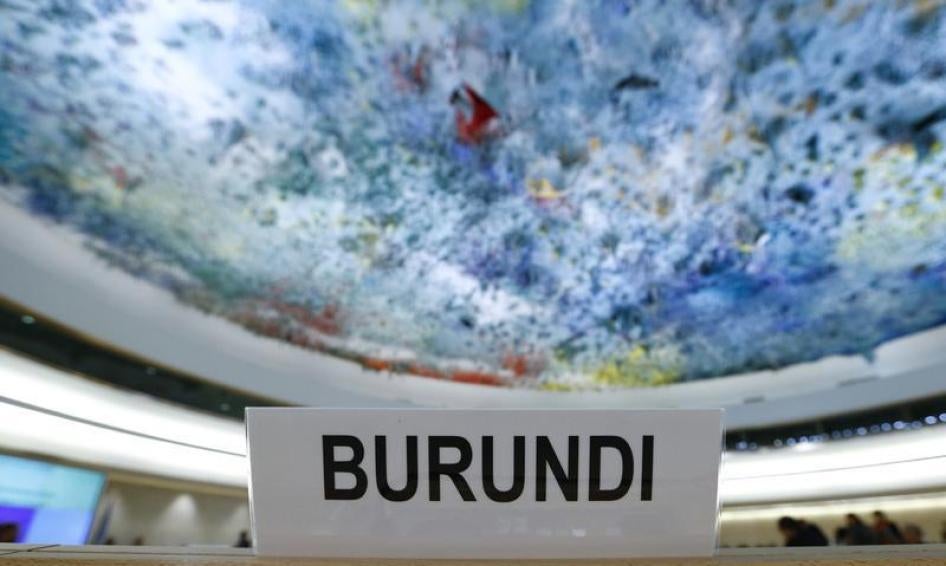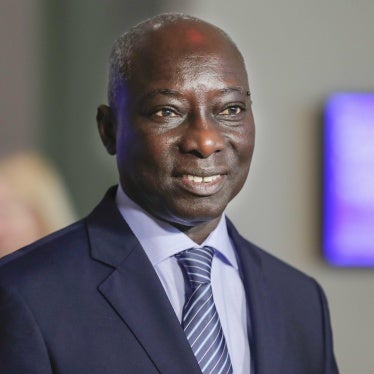This week, Burundian authorities once again displayed their contempt for human rights by walking out of the country’s review before the UN Human Rights Committee in Geneva.
The Burundi delegation walked out shortly after the session began, saying it objected to the presence of members of civil society in attendance – people the government claimed to be “criminals convicted by Burundian justice.” The Committee stood its ground, saying individuals who had been accredited by the UN Human Rights Office could not be excluded from a public meeting. The session proceeded in the absence of the state delegation.
One civil society activist in the room was Armel Niyongere, one of twelve exiled human rights defenders and journalists convicted of participating in a May 2015 coup attempt. The defendants were absent during the sham trial and had no legal representation, a clear breach of due process. Niyongere and many other human rights defenders and journalists fled Burundi after a brutal crackdown against civil society triggered by the country’s 2015 political crisis.
Since the crisis’ outbreak, Burundi has increasingly refused to meaningfully engage with the UN’s human rights mechanisms. In 2016, the Burundian government shocked everyone by refusing to attend to the second day of the UN Committee Against Torture’s special session, organized to review allegations of torture and other abuses in the country. Burundi has also shut down the UN human rights office in the country and refuses to cooperate with the Special Rapporteur on Burundi.
Despite the election of a new president in May 2020, the Burundian government has remained deeply hostile to civil society activists, journalists, and human rights defenders. Today, Floriane Irangabiye, a journalist, is in prison in violation of her right to freedom of expression.
If Burundian authorities are serious about reform they should abandon these convictions, cooperate with international rights experts, and take the committee's recommendations seriously. The European Union and Burundi's other international partners should make clear, through public statements and concrete requests, that their confidence in Burundian authorities will only be restored when they genuinely respect the rights of the media and civil society. Cooperation with international bodies tasked with scrutinizing their human rights record would help in that regard.








